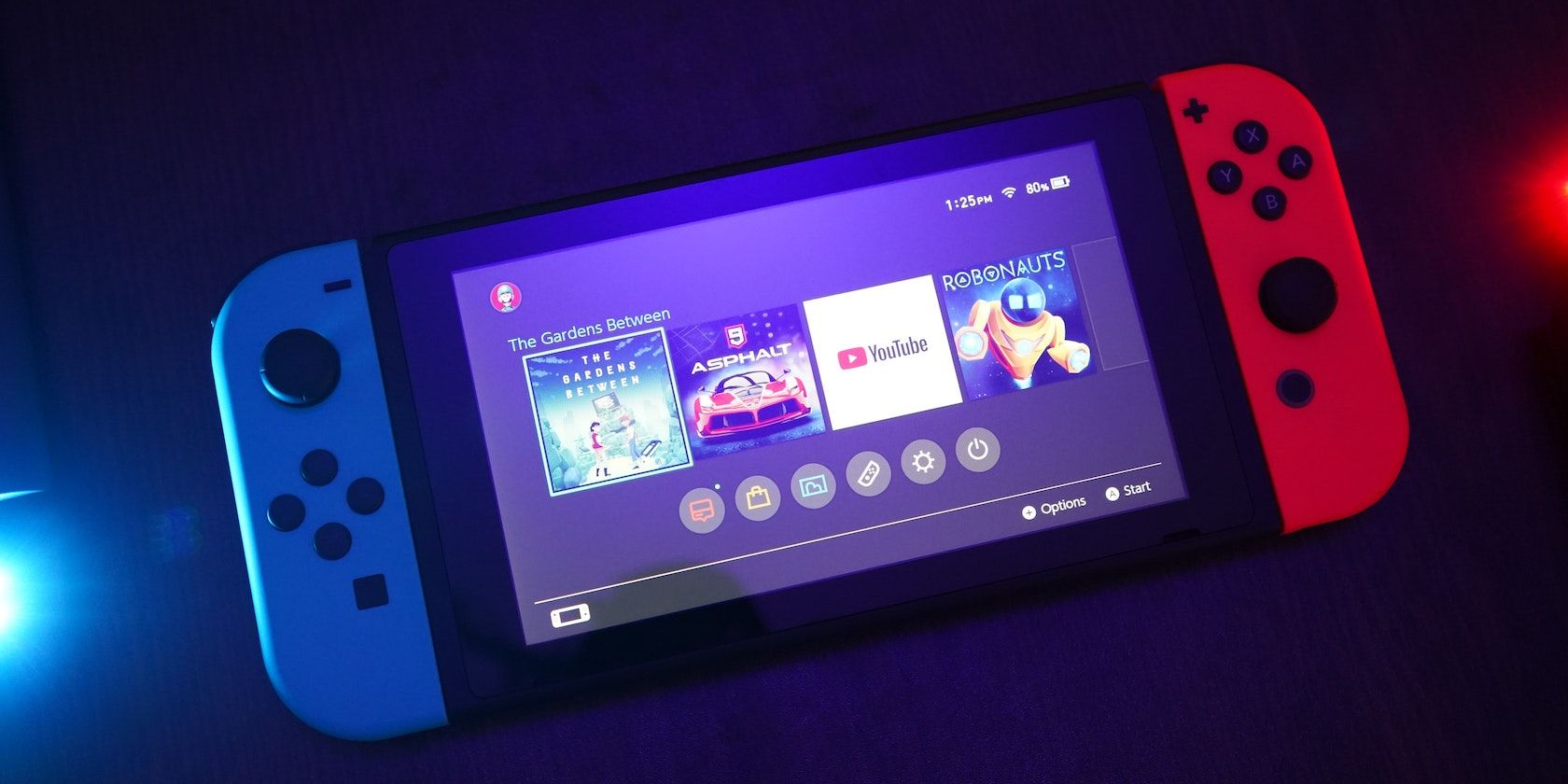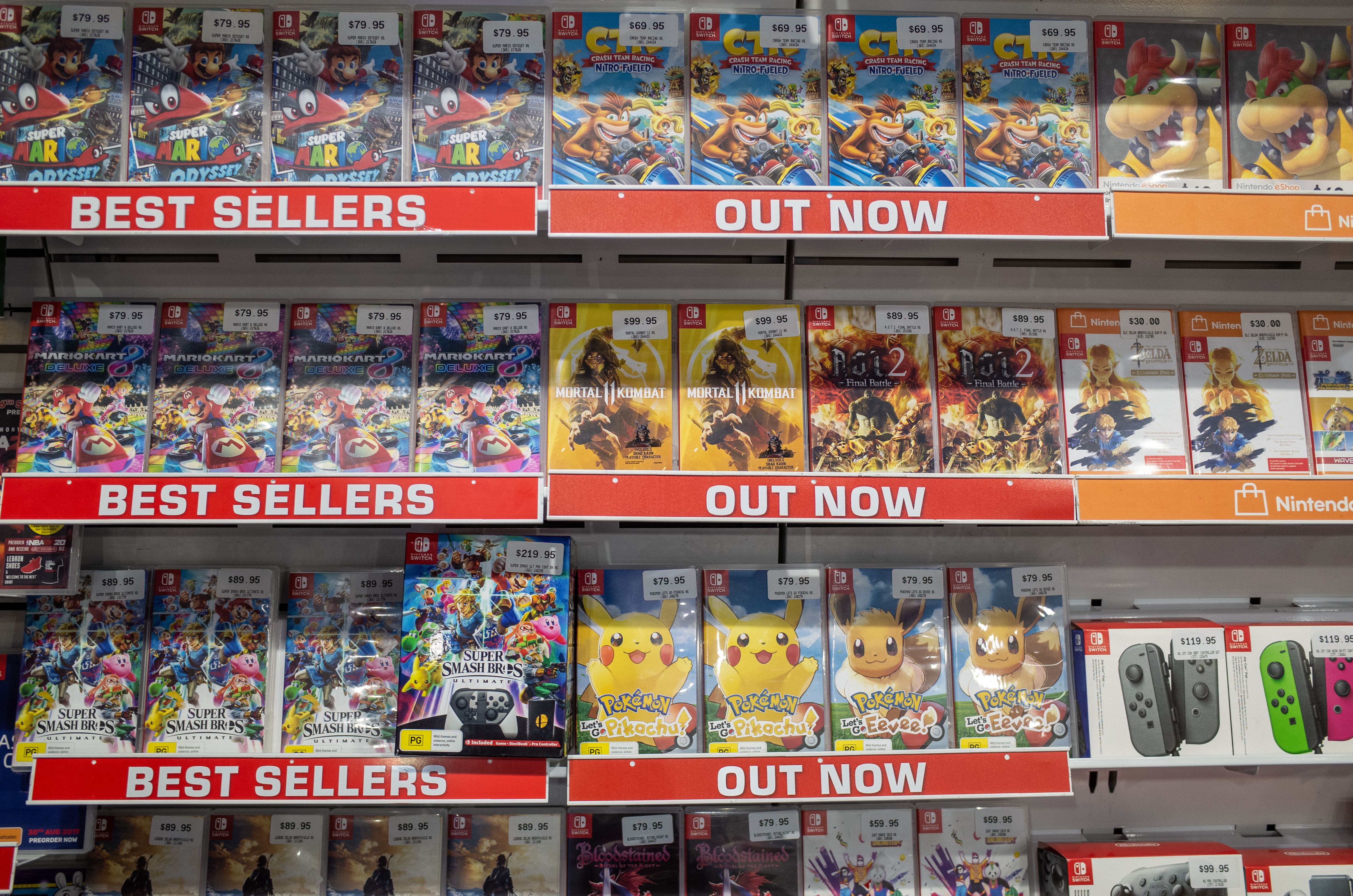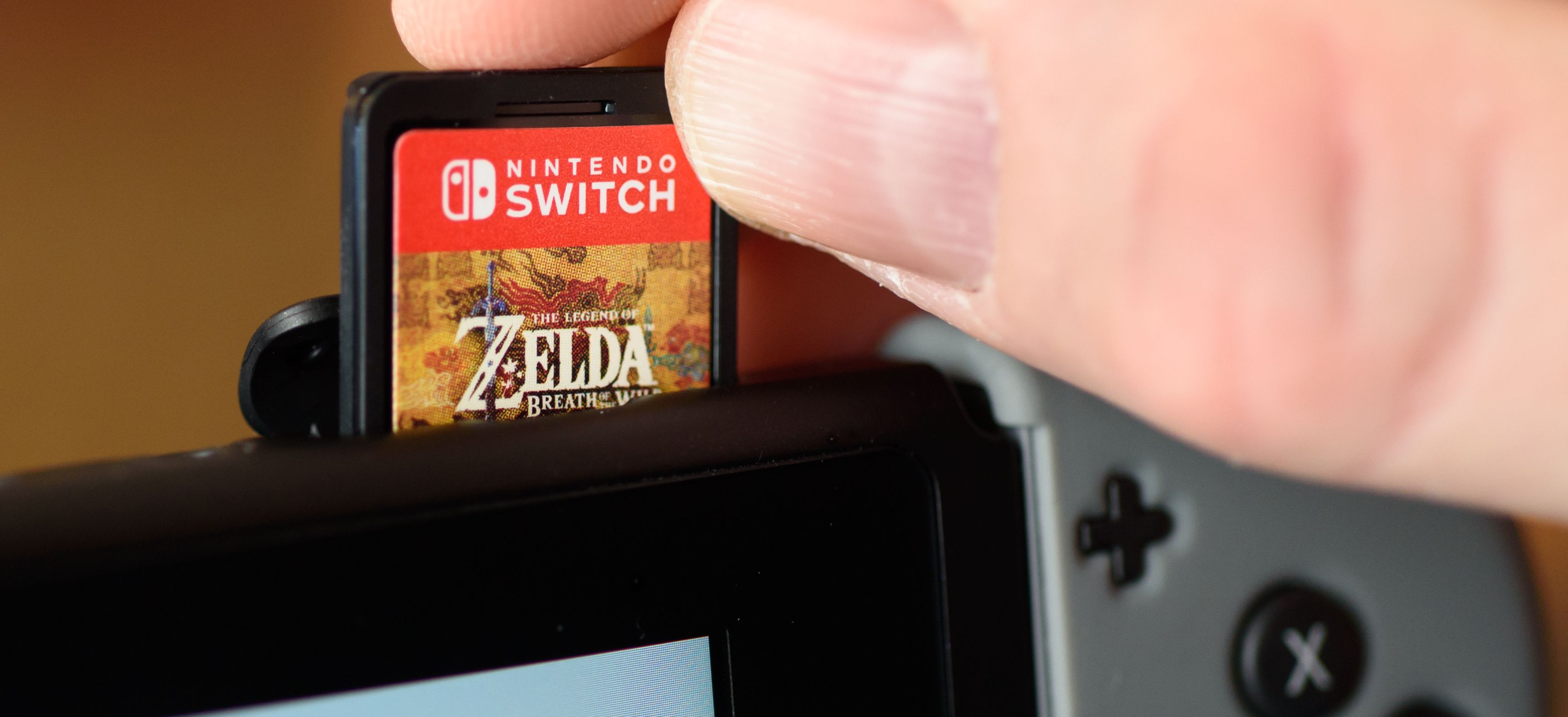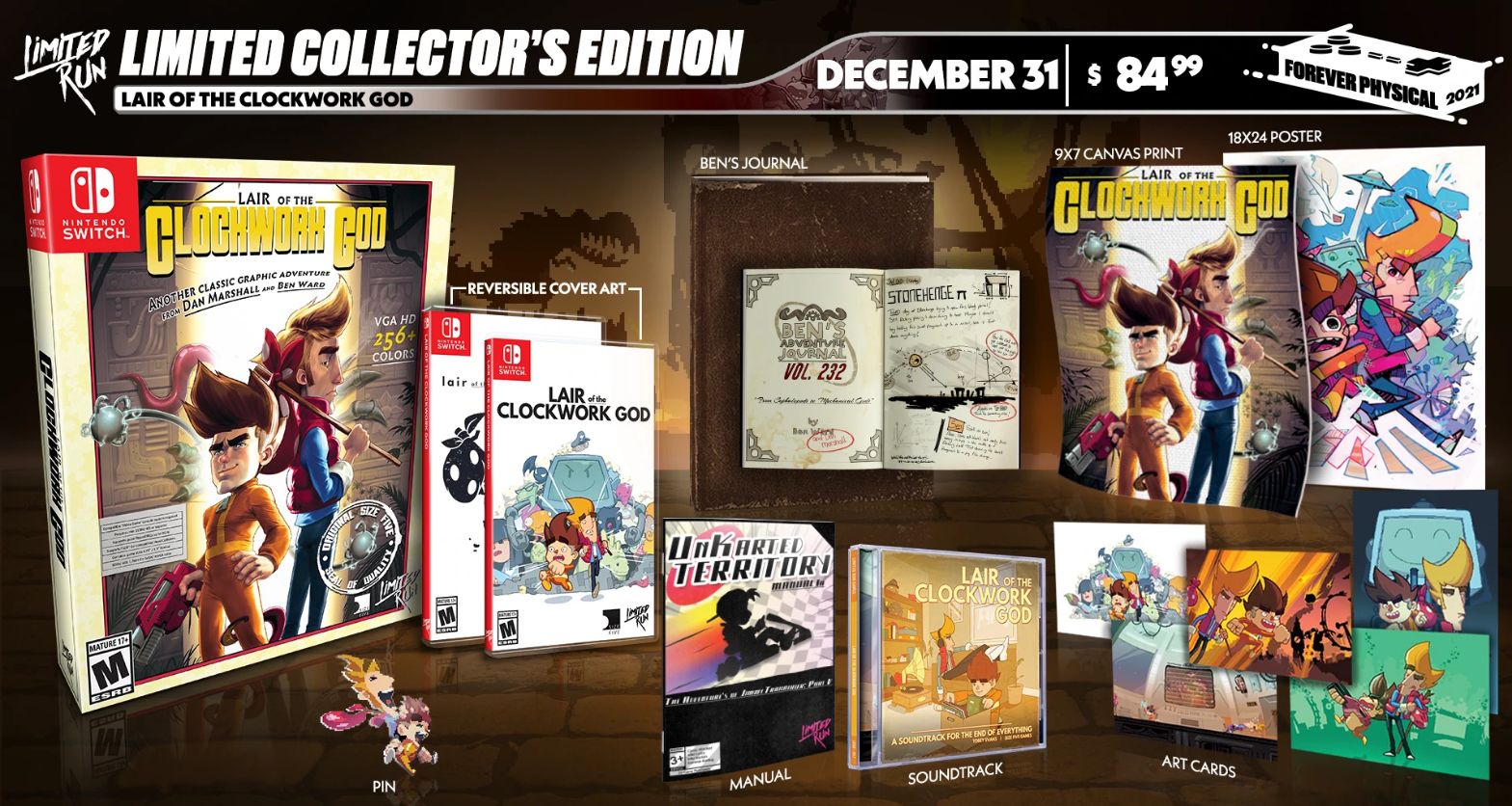The Nintendo Switch is chock-full of great games to play. Whether you're looking to dive into Mario Odyssey, Metroid Dread, or Animal Crossing, you're bound to have a fun time. But once you've decided which game you want to play next, you have another decision: do you buy it physically or digitally?
As with most things in life, there are positives and negatives to both. We're going to compare physical and digital Nintendo Switch games to help you decide which is the right format for your next purchase.
Storage Space
The Nintendo Switch and Switch Lite have 32GB of internal storage, while the Switch OLED offers 64GB. When you download a game from the eShop, it occupies some of that storage space.
If you consider that Breath of the Wild is 14.4GB, you can quickly see how a handful of games will easily fill that space. This is especially true for mammoth games like The Witcher 3: Complete Edition, which is 32GB.
Happily, you can expand the Switch's storage through microSD cards up to 2TB (which is more than enough for plenty of Switch games), but that's an additional expense.
When you buy a physical game, you don't have the same issue. While physical games will place some files on the internal storage, like updates and save data, the bulk remains on the cartridge. It means you don't have to worry as much about conserving storage space or uninstalling games to make way for new ones.
That said, you do need the real-world space to store physical game boxes, but Switch game cases are slim.
Winner: Physical
Convenience
If you're sitting around one afternoon and fancy buying a new Switch game, convenience is a big factor. If you opt for physical, it means traveling to a store (providing it's open and has the game in stock) or ordering it online and waiting for delivery.
With digital, the only wait is how quickly your internet can download the game. Granted, for people with poor connections, the former might end up being the quicker option.
Nevertheless, digital ultimately wins here. This is especially true when it comes to pre-orders, which are downloaded to your system before release. When midnight strikes and the game comes out, you can begin playing immediately.
Winner: Digital
Price
First-party Nintendo games notoriously rarely drop in price. You can wait years and still pay the same for one of Nintendo's games as someone who bought it at launch did. Games from other publishers and developers are a bit different, though.
If you truly want the best price for a game, you should buy it physical and second-hand long after release. The hype will have died down and the game won't be able to command a steep asking price (assuming it didn't have a limited physical run.) The problem is, plenty of Switch games aren't available physically, especially those from indie developers.
The Nintendo eShop does have occasional sales, especially around holiday seasons, though these aren't necessarily cheaper than buying from a retailer like Amazon or from game discount websites.
Winner: Draw
Portability
By design, the Switch is a portable device. Though you can play on your TV like a regular console, you can also remove it from the dock and take it anywhere you like. This means that the portability of the games is important.
Unlike the Xbox Series X/S or PS5, which use traditional discs and aren't convenient to carry around, the Switch uses small cartridges. It's reasonable to slip plenty of these into your bag or Nintendo Switch traveling case and not have to worry about them taking up much space or weighing a lot.
However, nothing beats the portability of digital. You don't need to remember to bring anything with you apart from the console, since your games are all stored within it.
Winner: Digital
Sharing and Resale
If you like sharing your games with friends, you have no choice but to buy physically. While other consoles support sharing digital games (like the PS5's Share Play feature), the Switch offers nothing of the sort. Digital games are tied to your Nintendo account, end of.
Conversely, you can give your physical game cartridge to whomever you wish and they can freely play the game on their Switch. Of course, this does mean you can't play the game until they return it.
The same applies for resale; you can get some return on your purchase by trading in the game at places like GameStop, or selling online via eBay, but you can't do that with a digital purchase.
Winner: Physical
Extra Goodies
Occasionally, when you buy a digital game, you get a few extra goodies like avatars, wallpapers, or the soundtrack, but this is rare. Plus, you can usually get these separate from the game anyway, through schemes like My Nintendo Rewards.
As such, if you're a fan of physical merchandise like posters, pins, and other memorabilia, then physical is the way to go. While standard Switch releases are unlikely to include anything more than the cartridge (even a manual is rare nowadays), there are companies that produce high-quality game collector's editions that are packed full of physical feelies.
Winner: Physical
Physical vs. Digital: Which Is Best?
There's no one-size-fits-all winner when it comes to the debate of physical Switch games versus digital. Much of it comes down to personal preference. If you like having shelves lined with your games that you can browse and reminisce, you'll want to go for physical.
If you prefer the convenience and speed offered through digital purchases, and don't want game boxes lying around, then you'll want to go digital.
Remember, you don't have to pick one over the other all the time. If there's a particular game you know your entire friendship group wants to play, buy a physical copy and split the cost. Then, if your next game is a small indie that only you're interested in, you can get it digitally.




